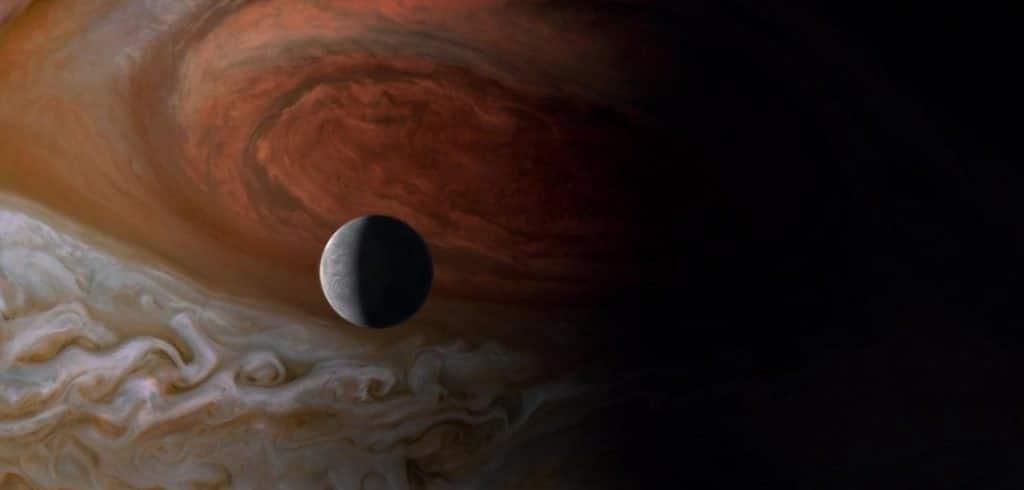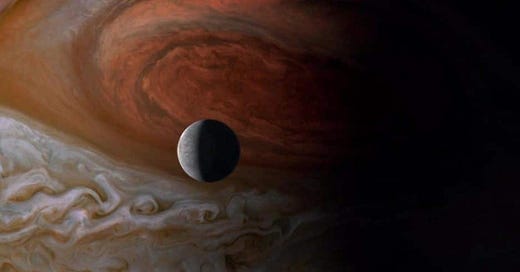Terrence Malick’s Voyage of Time: Life’s Journey is a Severe Letdown

Nonfics is now a newsletter! Please support documentary criticism by subscribing here: nonfics.substack.com.
Keep reading with a 7-day free trial
Subscribe to Nonfics to keep reading this post and get 7 days of free access to the full post archives.



